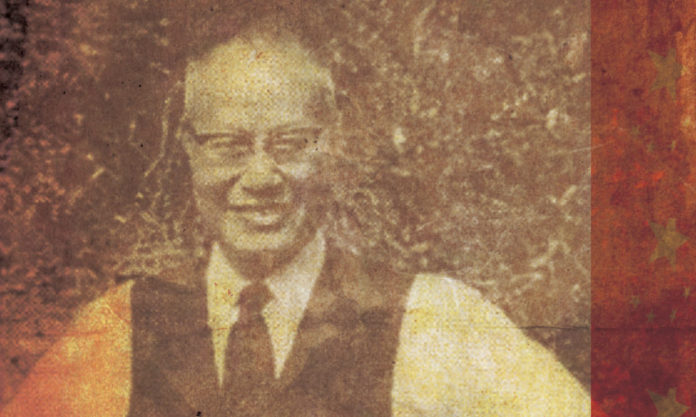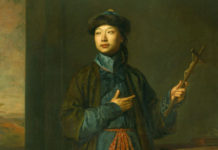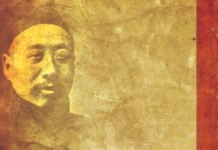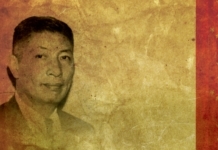Cheng Shewo (成舍我) was China’s first and only media magnate. Over more than 7 decades, he illustrated the power of the press by launching the Republic of China’s most progressive and independent newspapers, and ensuring their future through the founding of schools of journalism.
Born in Nanjing on 28 August, 1898, Cheng’s future was set in stone from a fairly young age. With the family hailing from Hunan Province and his father an officer, Cheng would soon too leave the nest, at the tender age of 14.
Soon he was publishing his own articles and, but a few years later, in 1917, moved to Beijing to major in Chinese Literature at Peking University, from where he graduated in 1921.
From 1924 and over the next decade, Cheng successively founded a number of well-known papers. The first of these, the ”Evening World News” (世界晚报), he ran out of his own house in a traditional Beijing Hutong (手帕胡同 35号) off Chongwen Men Avenue and just inside what is now the city’s 2nd Ring Road.
In these frugal times, even Cheng’s wife helped out, as the newspaper editor’s able-bodied assistant.
In Nanjing, Cheng established the “Minsheng News” (民生报) and the “Li Pao” (立报) in Shanghai. While the latter would be well known for its slogan, “5 Minutes to Know the World”, the publications at large showcased Cheng as a champion of unbiased reporting, with fair commentary that was well informed. In short, Cheng defied the powers that be.
Almost needless to say, these were popular newspapers.
But perhaps his crowning achievement was to come with the advent of the May Thirtieth Movement, the labour/anti-imperialist insurrection that took place in Shanghai in 1925, affording Cheng his chance at journalistic activism which would bring about a seismic societal shift.
With the first rattling of Japanese sabres and the people’s hero, Sun Yat-sen, recently dead, public sentiment was at an all-time low. A raft of new legislation proposed by the unpopular Shanghai Municipal Council further angered the city’s populace, including for Cheng in particular, a new censorship law.
Cheng had earlier in the year launched “The World Daily” (世界日报). Mobilising his writers, the outlet successively published many a report by way of exposé and solicited donations that could aid the strikers in Shanghai.
The publication was such a success that latterly the “World Daily Supplement” (世界日报副刊) was added. Many a scholar was enlisted to pen contributions, including that leading figure of contemporary Chinese literature and best-known modern writer, Lu Xun (鲁迅). Among Xu’s contributions to the supplement were his essays, “The Impromptu Diary” (马上日记), parts 1 and 2.
Following a brief respite in Hong Kong, Cheng settled in Taiwan in 1952. There, he co-founded the World Journalism Vocational School in 1956, now known as Shih Hsin University, having also instigated journalism colleges in both Beijing and Guilin back on the mainland.
All in all, Cheng had been involved with journalism for 77 years, and had participated in the founding of nigh on 20 publications.
Cheng passed away of illness on 1 April, 1991.












